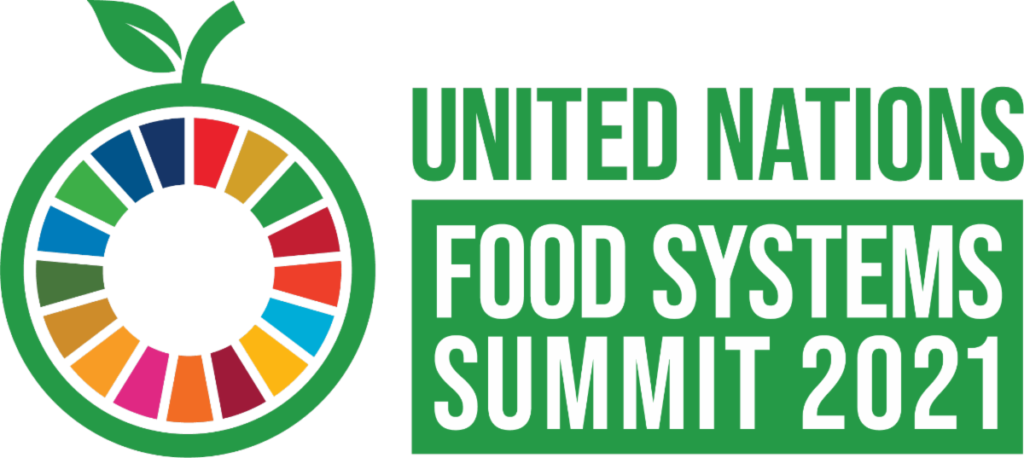By Michael Dykes, D.V.M., President & CEO
The United Nations will convene the first ever UN Food Systems Summit (UNFSS) on September 23 to raise awareness and secure measurable global commitments and actions aimed at transforming food systems and achieving the Sustainable Development Goals (SDGs) by 2030. The UN’s stated goal is for the Summit to set high-level principles for policymakers and food system stakeholders and to propose a process for follow-up and review through a series of Coalitions of Action which may hold future food systems summits and the like. IDFA expects the Summit to spark lots of dialogue on the definition of “food systems”, particularly what constitutes healthy, equitable and sustainable food systems.
IDFA has been working for many months with partners across food production, manufacturing and marketing to lay the groundwork for dairy to continue to occupy a central role in nourishing, sustainable food systems of the future. Here is a summary of IDFA’s efforts to date around the UN Food Systems Summit:
Coalition-building
Early in 2021, IDFA joined the U.S. Coalition for the UN Food Systems Summit Engagement—a collaboration between the top U.S. food and agriculture industry associations and businesses. Through this coalition, we have shared common messaging and communications materials with the U.S. government and international policymakers involved in planning and influencing the Summit. We have encouraged the UN and U.S. government to recognize the following priorities:
- Recognize that farmers, ranchers, and manufacturers are part of the solution and must have a voice in shaping the future of the global food system;
- Support science, innovation, and technology with flexibility to adopt new opportunities as discoveries are made;
- Promote the benefits of rules-based international trade;
- Reflects existing international consensus established by member statements and respects prior domestic and international commitments;
- Recognize that all production systems should seek to minimize environmental impact without sacrificing economic sustainability, or overall diet quality and diversity; and
- Allow for flexibility to address national, cultural, personal, and other circumstances, avoiding overly-prescriptive or “one-size-fits-all” approaches.
The results thus far have been promising. USDA’s approach and positions related to the UNFSS in September are aligned with the Coalition’s priorities and demonstrate the positive relationship the U.S. government has built with the Coalition. In July, USDA Deputy Secretary Dr. Jewel Bronaugh spoke at the UN’s Pre-Summit and echoed many of the Coalition’s main messages. IDFA and Coalition-led outreach to international partners has also yielded success, with several countries adopting positions reflective of the Coalition’s.
Read the Coalition's latest official correspondence with USDA and the Department of State here.
Advocating for science- and rules-based outcomes
IDFA has strongly urged U.S. representatives to defend adherence to rules- and science-based domestic regulatory practices, as well as commitment to transparency and consensus-based standard-setting processes. IDFA staff have met with officials from the U.S. Departments of Agriculture and State to ensure this position is reflected in the U.S. government’s positioning before and during the UNFSS.
As we’ve written in letters and comments to the Department of Agriculture and the State Department, IDFA’s position is that neither the UNFSS nor sustainability should be used to justify erecting trade barriers, reducing global food security, nor bypassing international obligations. Instead, we urge the United States to take a leadership role to steer the discussion toward science- and rules-based outcomes that build on existing World Trade Organization (WTO) principles and Codex standards.
Supporting the Global School Meals Coalition
For decades, U.S. dairy has demonstrated an unshakeable commitment to addressing food insecurity and hunger. IDFA believes that dairy products offer affordable and unparalleled nutrition that is vital to child and maternal health, ending hunger, contributing to good health and wellbeing, and contributing to quality education—achievable goals that align with the UN SDGs. That is why IDFA was pleased to see the launch of the Global School Meals Coalition by the World Food Programme as an outcome of the UNFSS and supported by the U.S. government via the USDA. Undoubtedly, school meals are one of the most impactful and efficient interventions to support children and can contribute to the achievement several SDGs. Because of dairy’s deservedly central role within global school meals programs, IDFA is fully supportive of the Global School Meals Coalition and will work with partners to help the Coalition expand opportunities to bring nutritious foods—including dairy foods and milk where circumstances permit—to more school-aged children through school meals programs.
Industry engagement: Amplifying dairy’s role in sustainable food systems
U.S. dairy has a long history of demonstrating sustainable practices across its supply chain. More recently, the entire U.S. dairy industry led by dairy farmers, cooperatives and processors has committed to becoming carbon neutral or better by 2050 via the Net Zero Initiative. Many major dairy organizations are well on their way toward achieving that goal, and many more will follow. The Net-Zero Initiative will demonstrate U.S. dairy’s leadership on sustainability among all of industry. IDFA and our partners are making sure these important steps taken by the dairy industry are recognized in the UNFSS.
As we near the start of the UNFSS, it is critical that policymakers understand just how integral the dairy industry is to building healthy, sustainable, and equitable food systems of the future. The dairy industry recognizes its central role in global health and nutrition, and that is why dairy companies are playing a leading role in publicly demonstrating their commitment to sustainability and achieving the SDGs.
A Call to Action
IDFA is urging our member companies to continue to play a leading role in the public sphere on these important issues. You can learn more about the many ways dairy nourishes, sustains, delivers for local communities, and innovates for sustainable growth by visiting IDFA’s campaign centers. We encourage you to highlight the industry’s collective achievements and those of your own business, especially as we near September 23.
If you'd like to join in by promoting your company's contributions to the SDGs, this social media tool kit from the U.S. Coalition for the UN Food Systems Summit includes promotional graphics and accompanying messages to help build excitement around the food industry's contributions to the SDGs as the Summit approaches. Like, share and comment on the campaign content and engage with others participating in the campaign.
Together, our industry is leading the broader food sector in sustainability commitments to benefit our environment, our people, and our local communities. We need to be sure consumers and policymakers understand that leadership.
If you have any questions about IDFA’s advocacy around the Summit, please reach out to any of IDFA’s subject matter experts who are working to advance dairy’s role in sustainable food systems at the UNFSS, listed below.
IDFA Staff Experts
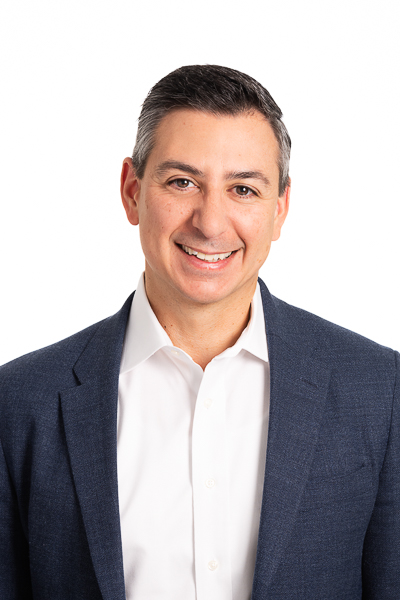
Matt Herrick
Executive Vice President, Chief Impact Officer

Joseph Scimeca, PhD
Former Senior Vice President, Regulatory & Scientific Affairs, International Dairy Foods Association
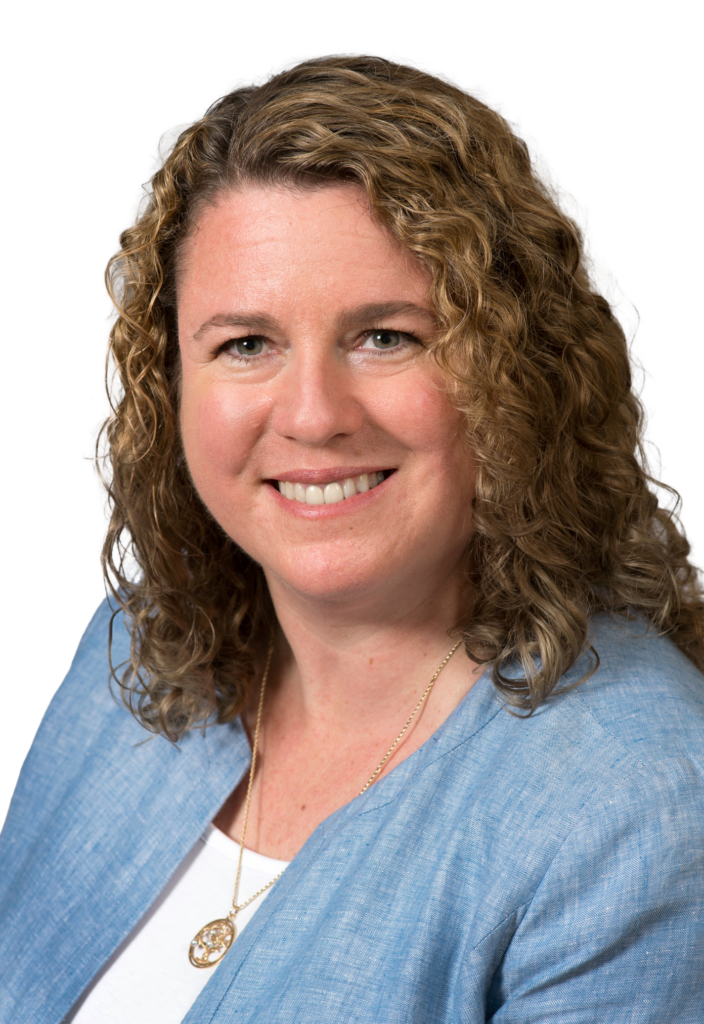
Danielle Quist
Vice President, Regulatory Affairs and Counsel

Becky Rasdall Vargas
Senior Vice President, Trade and Workforce Policy
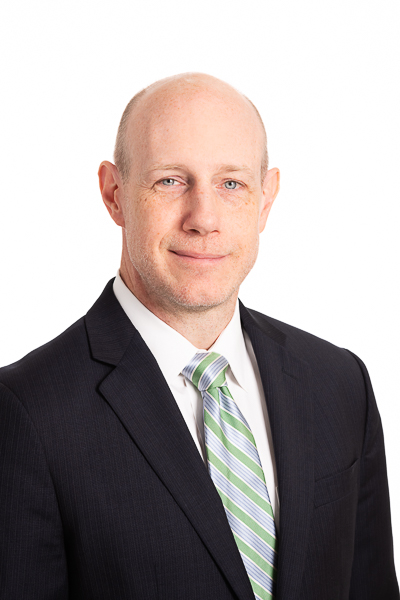
John Allan
Vice President, Regulatory Affairs and International Standards
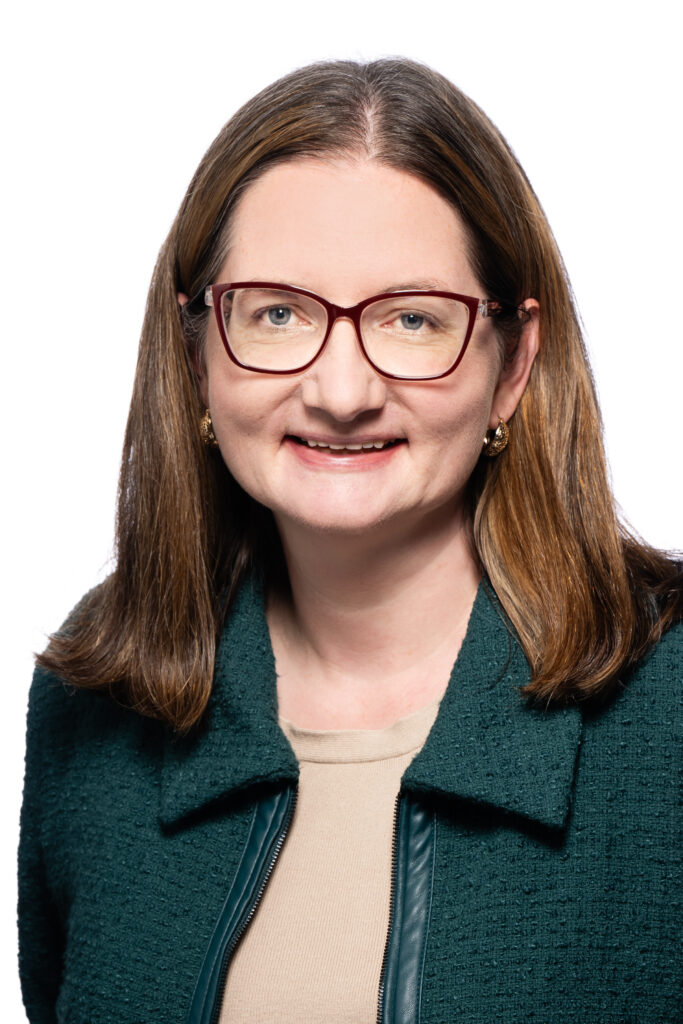
Michelle Albee Matto, MPH, RDN
Vice President, Regulatory Affairs and Nutrition

Michael Dykes
President & CEO

